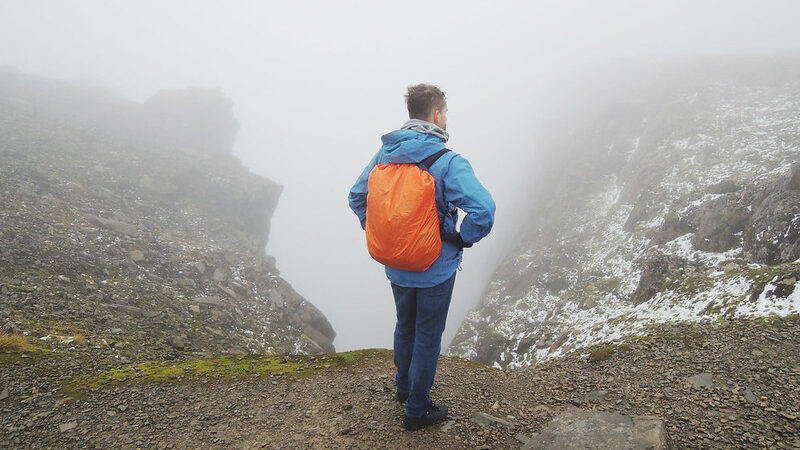In Great Britain, a popular endurance challenge is the “three peaks”: scaling Ben Nevis, Scafell Pike and Snowdon, the highest mountains in Scotland, England and Wales respectively, in 24 hours. (The highest is 1,345m, don’t laugh Nepal, it’s a lot for us.)
Many of the rooms at the Cop26 conference venue are named after mountains around the British Isles, which is apt, because there is a lot of climbing to do.
The three peaks of climate diplomacy are ambition, cash and rules.
On ambition, there has been progress since the Paris Agreement, but not nearly enough to meet the most ambitious temperature goal of a 1.5C limit on global heating.
This week China unceremoniously uploaded its climate pledge to the UN in the middle of the night, the lack of fanfare reflecting a lack of new targets. Australia and Saudi Arabia announced net zero goals but, with no plans for phasing down production of coal, oil and gas, they got a sceptical reception from climate watchers.
They don’t fundamentally alter the latest projection from UN Environment Programme that we’re on course for 2.6-2.7C warming this century if all 2030 targets are met in full.
Campaigners including former UN climate chief Christiana Figueres are calling for Glasgow to mandate another round of updates to national pledges by 2023. That’s likely to meet resistance from emerging economies, who want to see money on the table before taking on more bureaucracy.
Which brings us to cash. A delivery plan for climate finance foresees rich countries meeting their collective promise to mobilise $100 billion a year in 2023, three years later than promised.
It’s a bitter note on which to start negotiating a new long term climate finance goal from 2025. It will not be enough to name a higher number if there is no trust in the system to follow through.
Then there are the last rules of the Paris Agreement to nail down. Principally, on the design of a new global carbon market under Article 6, a contentious issue that has defied resolution over five years of negotiations.
While there are some signs of willingness to compromise and get money flowing to climate projects, that inevitably means allowing some loopholes that undermine the collective ambition of national pledges. Experts put the odds of a deal at just 50/50.
Here’s where the mountain analogy breaks down, because these three challenges are interdependent. There will be no more ambition without movement on cash – and carbon market talks mediate that tension.
Climate Home’s whole editorial team is heading to Glasgow (by train) for our version of the endurance challenge. Stay tuned for all the essential news, analysis and comment from the summit.
This week’s news…
- China reaffirms existing climate targets in submission to UN ahead of Cop26
- To close 1.5C gap, countries face call for another round of climate pledges by 2023
- ‘Chess game’ as negotiators seek elusive carbon market deal at Cop26
- Saudi Arabia pledges net zero by 2060, but no oil exit plan
- Donor countries set to reach $100bn climate finance target in 2023 – three years late
- Revealed: Cop26 sponsor National Grid spewing methane across England
- Modi’s ‘gamechanger’ palm oil push raises concerns for Indian forests and women
…and comment
- Treating Russia as a climate change spoiler undermines global action – Alina Averchenkova, Alexander Ginzburg, Kamila Godzinska and Konstantin Sukhoverkhov
- Australia is relying on offsets and future technology to meet 2050 net zero target – Michelle Grattan
